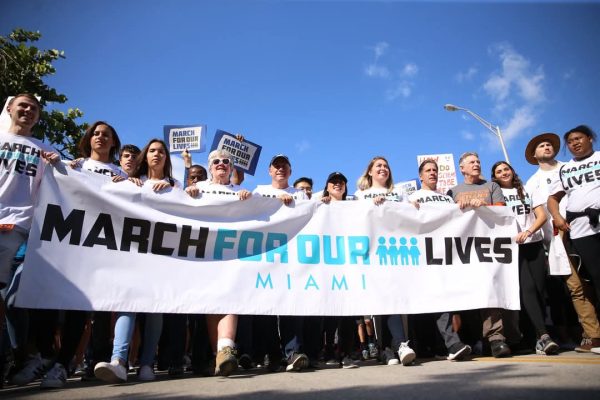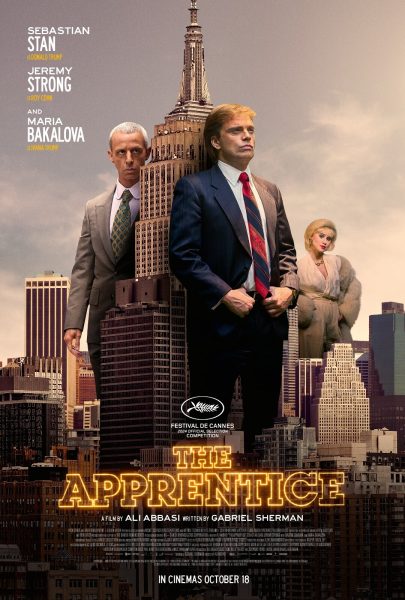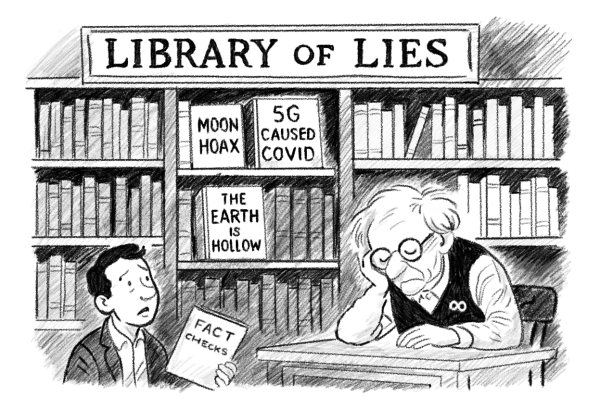Editorial: Criminal competition in college admissions
In the wake of Operation Varsity Blues, a scandal in which parents bought undergraduate admission to the nation’s most prestigious universities, RE students have fervently begun to question the validity of a college admissions process that has become easily exploitable.
The idea that four years of academic excellence, extracurricular involvement, and personal growth may have gone to waste on account of dishonest, criminal actors is frustrating, to say the least. However, while the participants of Operation Varsity Blues were undoubtedly unjustified in their abuse of the system, the system is equally to blame.
The college process is complex and daunting. Guidance and direction play vital roles in navigating each of its components: resume design, extracurricular involvement, academic course selection, and even choosing which college has the highest probability of acceptance.
Unfortunately, the more competitive the process becomes, the easier it is for us to forget the importance of personal growth. Across the nation, students compete to select the hardest classes for superficial reasons, develop techniques to produce the highest test scores, and choose activities simply because they have a higher chance of being recognized by colleges.
While the criminal behavior of those in the Varsity Blues scandal is a far cry from the efforts of even the most competitive RE students, issues symptomatic of a greater problem with college admissions are still prevalent here.
For most students, course selection at RE is simple: one chooses the ‘best’ possible classes one can take. On the surface, this selection process is logical — even obvious — but the dilemma arises when deciphering what the definition of “best” really means. To the majority of students, the “best” classes are those that will impress colleges. They are the classes that stand out on an application, provide proof of academic rigor, and potentially even earn college credit. Thus, for plenty of RE students, this means packing their schedule with Advanced Placement (AP) courses.
At a school dedicated to in-depth learning, creative thinking, skill-building, and substantive character growth, the idea of spending an entire school year devoted to the preparation of a single exam seems out of place. Luckily, as a private school with dedicated faculty, intellectual stimulation and AP preparation are often able to coexist. But not always.
Students are often placed in an overwhelming double-bind: choose the classes that truly interest them, or select what colleges expect them to. Over time, many colleges have begun to stop providing course credit for AP exams. But colleges still rely heavily on APs in their selection processes.
For students, the choice between rigor and personal interest becomes a twisted dichotomy perpetuated by the same high schools and colleges that claim they are trying to develop their students’ character. While we’ve been told our whole academic lives that it’s important to chase our passions and explore our interests, this idea begins to disintegrate when college becomes a noticeable image on the horizon.
Students are driven, by both colleges and high schools, to maximize the “rigor” of their classes, and in doing so, we lose some of the spirit of curiosity that should motivate us.
Similar ideas apply to extracurricular activities. Too often do people participate in activities that they feel will draw colleges’ attention. With no volunteering requirement at RE, students often take on volunteer opportunities just to bolster their resumes.
As each college’s incoming class becomes more impressive and demanding every year, students need to differentiate themselves outside the classroom, which becomes an intimidating prospect for many. In this frenzy to gather meaningful extracurricular opportunities, moral and ethical lines are blurred by some, who use every opportunity they can to gain an advantage. For those involved in the scandal, money was the easiest way to accomplish these goals.
The college admissions system is flawed. Whether it encourages students to stray away from their academic interests, superficially exhorts them to undertake a dozen extracurricular activities, or gives rise to college schemes like Operation Varsity Blues, the admissions process invokes the wrong ambitions within students.
A process that downplays the individualism of a candidate and instead relies on numbers and figures for the outcome of its momentous decisions not only fails to live up to its potential — to foster the best possible future generation of thinkers and leaders — but also allows people like those involved in the Varsity Blues scandal to exploit its failings.
By over emphasizing the importance of scores and activities, the process creates a student body focused solely on performance rather than passion and personality.
– Alex Abinader, Viviana Freyer, Nathalie Han, Miles Schachner, Holly Steinberg, eds.





